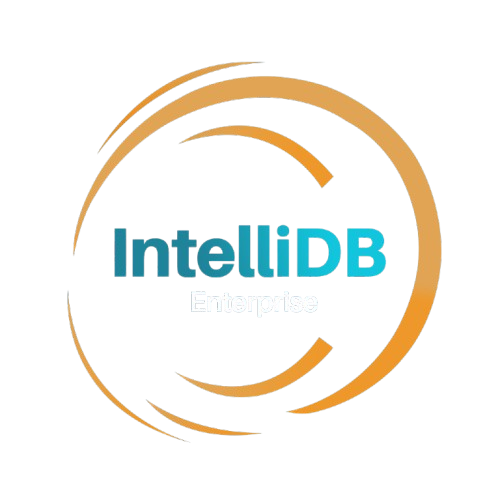Managing Big Data with PostgreSQL and AI
Data today is currency in the present-day AI landscape. Machine learning and real-time analytics methods are all about ending big data complexities. The early-stage company chooses the right database not merely for tech purposes—it is a strategic growth function.
Enter PostgreSQL: An open-source framework offering AI startups with a scalable, flexible, and cost-friendly infrastructure to support big data in AI environments. Combined with IntelliDB, the two work wonders to provide AI-optimized production-grade database solutions for contemporary startups.
Why PostgreSQL with IntelliDB is Ideal for AI Startups
AI startups want a data layer that is:
- High volume and velocity
- Flexible for both structured and semi-structured data
- Able to be integrated into AI/ML pipelines
- Open source to save upfront costs
PostgreSQL, extended with IntelliDB, fulfills the whole list.
Using JSONB for data storage, together with powerful indexing techniques such as GIN and GiST, plus benefitting from extensibility via PL/Python or PL/R, IntelliDB-enhanced PostgreSQL environments provide real-time ingestion, pre-processing, and querying capability, all of which are crucial for feeding clean, high-quality data to AI models.
AI Flow with PostgreSQL + IntelliDB
Startups in AI have to act fast, and with the enhancements provided by IntelliDB, AI-driven workflows can be built in line with the product roadmap.
Here is how IntelliDB powers PostgreSQL for modern AI pipeline:
- Data Ingestion: High-throughput ingestion with an optimized system of random I/O and concurrency handling.
- Data Transformation: Integrated support for ETL workflow with enhanced SQL functions and automation.
- Model Training: Export seamlessly in ML environment or perform lightweight training with an alternative PL/Python built-in support.
- Inference & Feedback Loops: Real-time storage and feedback integration into PostgreSQL tables.
All these ensure that AI startups go from prototype to production without ulterior data-layer changes.
Scaling with IntelliDB in the Cloud
Designed for cloud-native PostgreSQL deployments, IntelliDB gives you enterprise-grade scaling, security, and automation on AWS, Azure, Google Cloud, or Kubernetes-based setups.
Startups get:
- Horizontal and vertical scaling
- Automatic partitioning and load balancing
- Performance analytics and AI-assisted query tuning
This means less time developers and data scientists spend on infrastructure housekeeping and more time training models and building products.
Use Cases: The AI-Powered NLP Startup
Consider the startup building a multilingual virtual assistant:
- It stores large-scale multilingual chat logs in JSONB format.
- It uses IntelliDB’s advanced indexing to filter relevant language pairs.
- It runs sentiment analysis with PL/Python extensions.
- Stores inference data in real-time for feedback learning cycles.
Across the entire AI cycle, from raw text to intelligent response, PostgreSQL is the powerhouse, with IntelliDB to shine.
Why IntelliDB Is What Unlocks the Full Potential of AI
AI systems evolve at a fast pace. Startups need systems that evolve with the startups themselves.
- Adaptive performance tuning offered by AI insights into queries
- Improved observability for workloads that are heavy on ML
- Native support for modern devops and MLOps environments
For any AI-first company that deals with massive data, IntelliDB ensures that your PostgreSQL is always one step ahead against your growth.
Conclusion
Data is the foundation of every AI startup and IntelliDB gives you the tools to structure, scale, and secure that foundation. Startups will be able to innovate faster, reduce costs, and stay agile by combining PostgreSQL’s tried-and-true architecture with IntelliDB’s speed, automation, and AI-powered intelligence.
In the race to dominate with AI, letting your data architecture become a bottleneck is something that should never happen.

